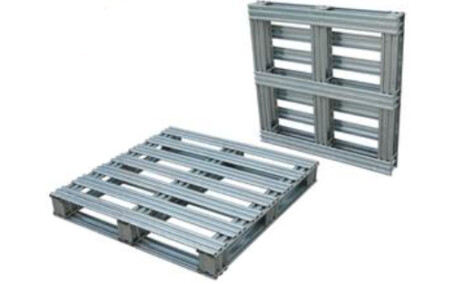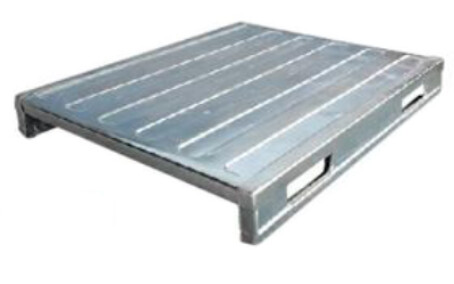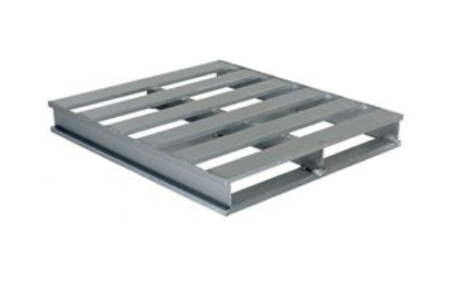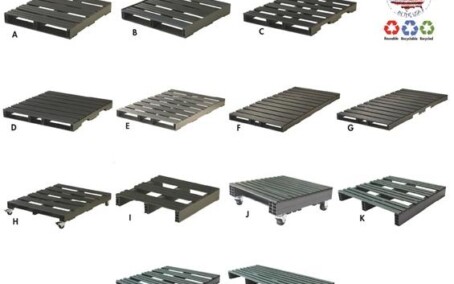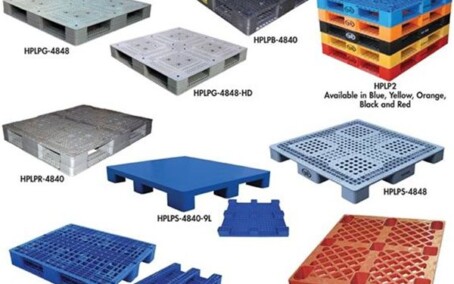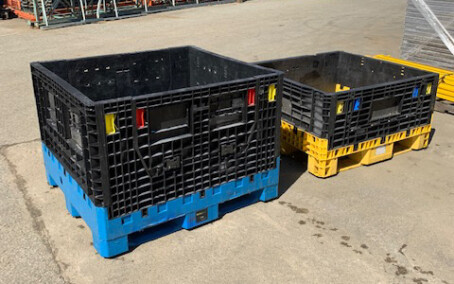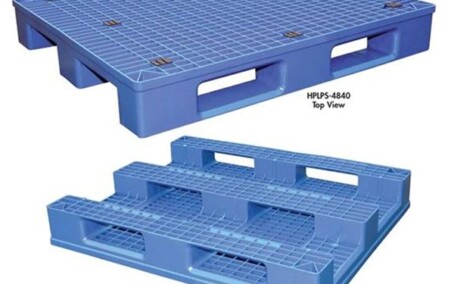X
-
Products
- All Products
- Air Cargo
- Bar Grating
- Bins & Totes
- Bulk Containers
- Bulk Rack
- Cantilever
- Carts & Dollies
- Casters
- Conveyors
- Dock Equipment
- Drum Equipment
- Fans
- File Cabinets
- Flammable Cabinets
- Flow Rack
- Guards & Railing
- Hand Trucks
- Hoists
- Hoppers & Tilt-Trucks
- Lift Equipment
- Lockers
- Mezzanines
- Modular Drawers
- Modulars & Partitions
- Packaging Equipment
- Pallet Rack – Accessories
- Pallet Rack – Multi-Deep
- Pallet Rack – Selective
- Pallet Wrappers
- Pallets & Skids
- Picking Systems
- Push Back Rack
- Rolling Ladders
- Scales
- Shelving & Rivet Rack
- Specialty Storage
- Stack Racks
- Strapping / Banding
- Stretch Wrap
- Wire Baskets
- Wire Decking
- Wire Security Cages
- Workbenches
- Services
- About
- Resources
- Arrivals
- Catalog
- Estimate Tool

